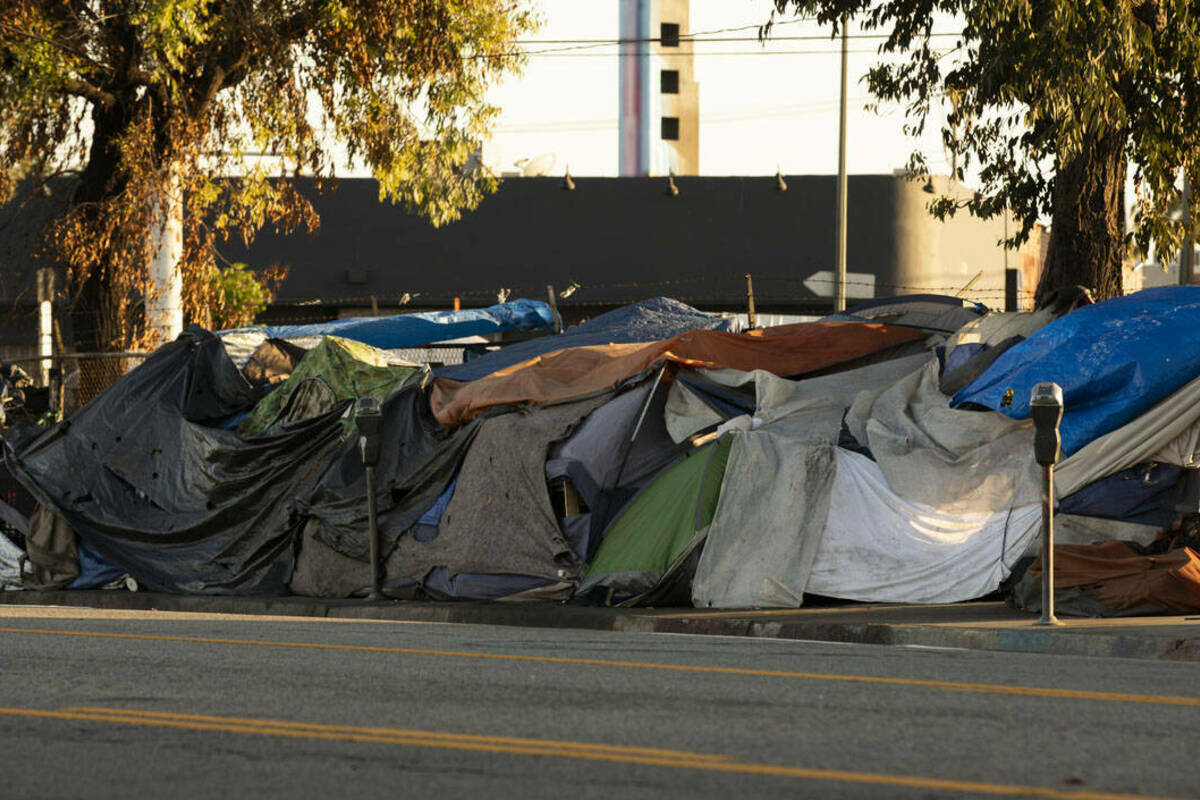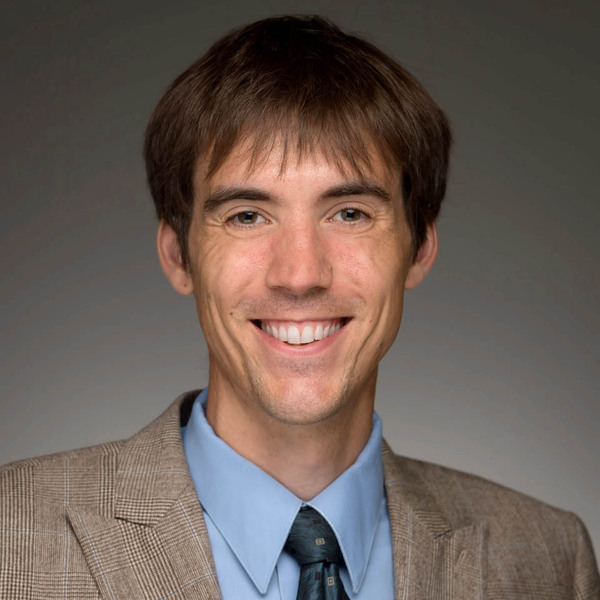


Economics; Wilson Sheehan Lab for Economic Opportunities (LEO)
Research Professor of Economics; Fellow, Institute for Real Estate


Bloomberg
March 28, 2024
Researchers at the University of Notre Dame in South Bend, Indiana, who studied HPS found that 81% of those who enrolled were less likely to experience homelessness within six months. And more than 90% of US cities have assistance programs aimed at preventing homelessness, according to economics professor David Phillips, one of the Notre Dame researchers who studied Santa Clara County’s system.

The Hill
August 29, 2023
Bill Evans is the University of Notre Dame Keough-Hesburgh Professor of Economics and co-founder of the Wilson Sheehan Lab for Economic Opportunities (LEO). David Phillips is a research professor of economics at LEO. Jim Sullivan is a professor of economics and LEO co-founder.
The Mercury News | Subscription Only
August 02, 2023
“Our study shows that financial assistance almost totally reduces the chance of somebody having the really severe outcome of becoming homeless,” researcher David Phillips said. The study, conducted by the University of Notre Dame’s Wilson Sheehan Lab for Economic Opportunities, was published earlier this month.
NBC Bay Area
Video Audio
August 02, 2023
“It’s not just delaying homelessness,” said David Phillips, a professor at Notre Dame. “It’s really actually preventing homelessness.” Phillips was one of two professors who authored the study, both with the university’s Wilson Sheehan Lab for Economic Opportunities.
Smart Cities Dive
July 31, 2023
The program also reduced other public expenditures around the use of emergency shelters, healthcare and the criminal justice system, said report co-author David Phillips, a research professor of economics at Notre Dame.
Local News Matters
July 25, 2023
“There really was not a rigorous response to that concern,” said James Sullivan, University of Notre Dame professor of economics and co-founder of the Wilson Sheehan Lab for Economic Opportunities, which aims to help the most vulnerable with its work. Lead author David Phillips said prevention is not a panacea for issues like health and substance abuse, which are often associated with “the most visible forms homelessness.”
KCBS Radio
Audio
July 25, 2023
Homelessness is increasing across the country and has reached such alarming levels in parts of California that some cities have declared a state of emergency. According to the Hoover Institute, San Francisco has spent over $2.8 billion on homelessness, since 2016. A new study from the University of Notre Dame shows prevention efforts are successful. For more, KCBS Radio's Liz Saint John spoke with David Phillips, a research professor in the Wilson Sheehan Lab for Economic Opportunities within Notre Dame's economics department.
KCBS Radio San Francisco
Audio
July 23, 2023
Sun. 7/23; Part 3 at 8:20 pm | But a new study from the University of Notre Dame shows [homelessness] prevention efforts are successful. For more, we're joined on the KCBS news line by David Phillips, a research professor in the Wilson Sheehan Lab for Economic Opportunities in Notre Dame's economics department.

phys.org
July 13, 2023
David Phillips, a research professor in the Wilson Sheehan Lab for Economic Opportunities (LEO) within Notre Dame's economics department, and James Sullivan, a professor of economics and co-founder of LEO, found that people offered EFA were 81 percent less likely to become homeless within six months of enrollment and 73 percent less likely within 12 months, as reported in their study recently published by The Review of Economics and Statistics.